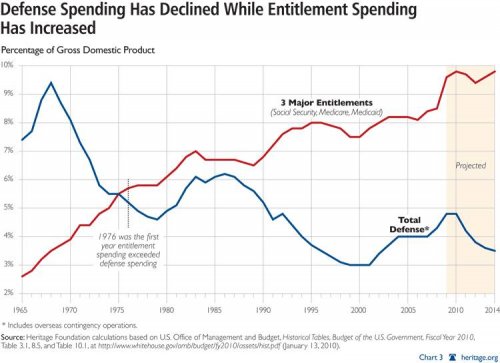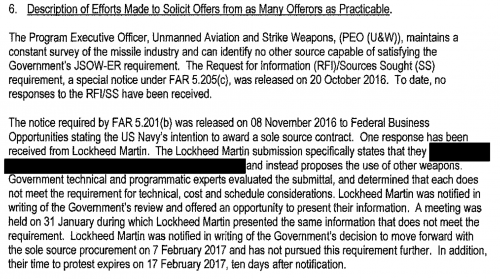- Joined
- 21 April 2009
- Messages
- 13,733
- Reaction score
- 7,620
https://breakingdefense.com/2018/08/stop-wasting-time-so-we-can-beat-china-dod-rd-boss-griffin/
https://www.usni.org/magazines/proceedings/2018-08/ai-will-change-balance-power
SPACE & MISSILE DEFENSE SYMPOSIUM: How much of a military-industrial rock star is Mike Griffin? Well, the former NASA director turned Pentagon R&D chief can call tell a room full of defense contractors and officials they’re wasting everyone’s money and time AND get a standing ovation.
“It is a good thing that we are a rich country, because poorer countries just could not afford to waste this kind of money,” the undersecretary of Defense for research and engineering said here last night. “For the two-and-a-half years I have remaining as a political appointee in this job, I will be asking you, at every chance I get, to look at what we’re doing and find ways to either eliminate it or shortcut it, because most of what you’re doing, by definition, is not value added
https://www.usni.org/magazines/proceedings/2018-08/ai-will-change-balance-power
We live in the cognitive age—an era when we will begin replicating, and exceeding, the prowess of the human mind in specific domains of expertise. While the implications of artificial intelligence (AI) are broad, as we head deeper into this new era, we will find that AI combined with myriad exponential technologies will carry us inexorably toward a different form of warfare that will unfold at speeds we cannot fully anticipate—a form of warfare we call hyperwar.
Historically, the balance of power between belligerents has been dictated in great measure by the relative size of their armies. Knowledge of terrain, skill, and technology all have been multipliers for smaller forces, but quantity has had a quality all its own. If one sets aside consideration of nuclear weapons, which allow small states such as Israel and North Korea to hold their opponents at bay, the outcomes of conventional conflicts are determined primarily by a country’s ability to field a larger force, sustained over a longer period of time—the costs of which are enormous.
The arrival of artificial intelligence on the battlefield promises to change this. Autonomous systems soon will be able to perform many of the functions historically done by soldiers, whether for intelligence analysis, decision support, or the delivery of lethal effects. In fact, if developers of these technologies are to be believed, their systems may even outperform their human competition. As a consequence, the age-old calculation that measures a country’s basic military potential by estimating the number of able-bodied individuals capable of serving no longer may be reliable in determining the potency with which a country can project power.









